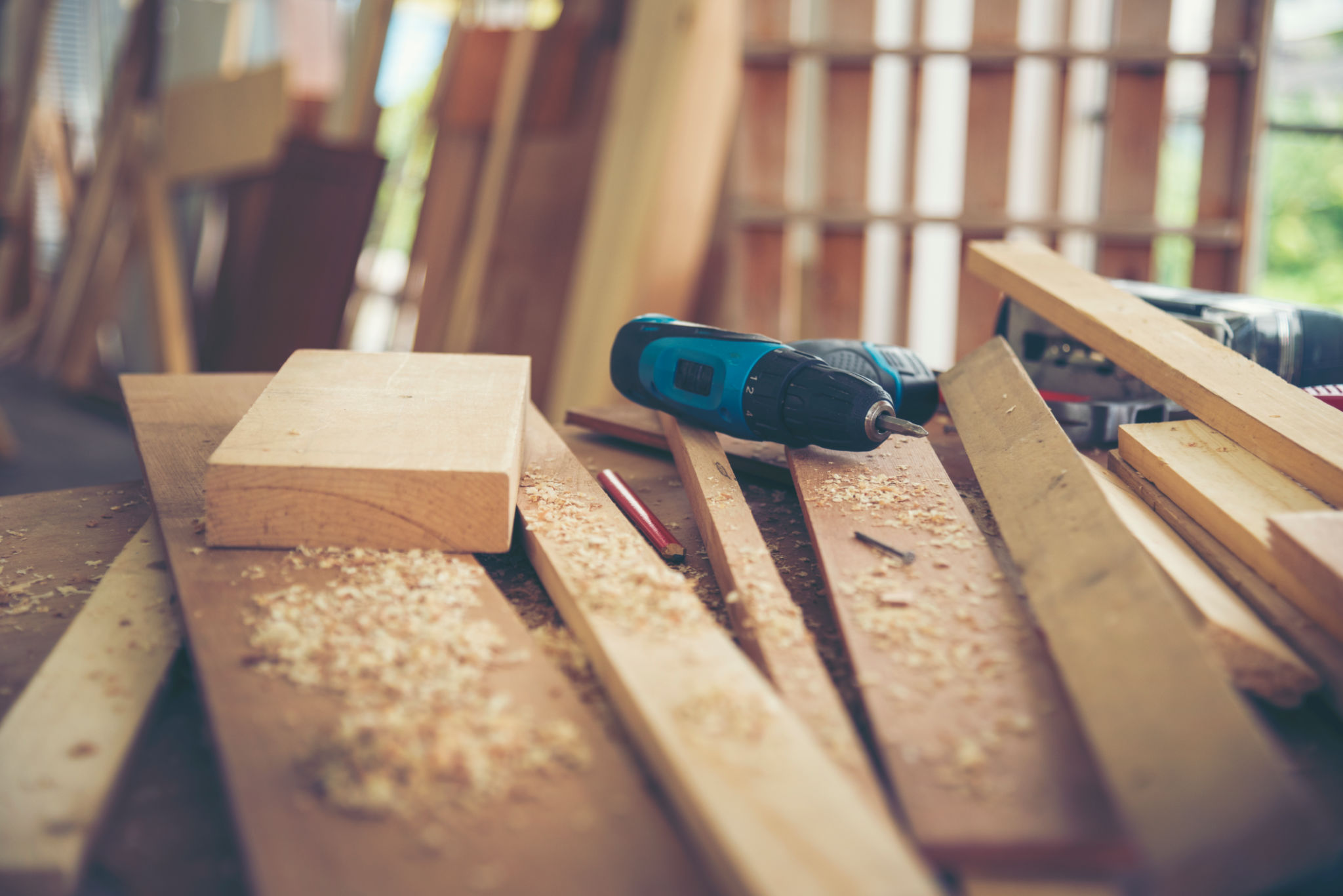DIY Carpentry Tips for Beginners: What You Need to Know
Getting Started with DIY Carpentry
Diving into the world of carpentry can be incredibly rewarding. Whether you're looking to build furniture, make home improvements, or simply enjoy a new hobby, understanding the basics is crucial. As a beginner, there are essential tools and techniques you should familiarize yourself with before starting any project.

Before you begin, gather the right tools. A few must-haves include a hammer, saw, measuring tape, square, and a level. Investing in quality tools will not only make your work easier but also ensure better results. As you progress, you might consider expanding your toolkit with power tools like drills and sanders for more advanced projects.
Understanding Wood Types
Knowing the different types of wood is vital to your carpentry success. Softwoods like pine and cedar are generally easier to work with and are ideal for beginners. On the other hand, hardwoods such as oak and maple are more durable but can be more challenging to handle.
When selecting wood for your project, consider factors such as grain, durability, and cost. Always opt for straight, flat boards without warps or knots that could compromise the integrity of your project.

Basic Carpentry Techniques
Mastering basic carpentry techniques is key to ensuring your projects are both functional and aesthetically pleasing. Start with learning how to measure accurately and cut wood properly. This will prevent wastage of materials and ensure your pieces fit together seamlessly.
Joinery is another fundamental skill. Familiarize yourself with simple joints like butt joints, miter joints, and dovetails. These basic techniques form the foundation for more complex carpentry tasks.
Safety First
Safety should always be a top priority when working with tools and materials. Always wear protective gear like goggles and gloves, and ensure your workspace is clean and organized. Be mindful of your surroundings and always follow manufacturer instructions when using power tools.

Planning Your Projects
A well-thought-out plan is crucial for any successful carpentry project. Begin by sketching your design, taking into account measurements and materials needed. Break down the project into smaller tasks to make it more manageable and track your progress effectively.
Practice Makes Perfect
As with any skill, practice is essential in carpentry. Start with small projects to build confidence and gradually take on more complex tasks as your skills improve. Don't be discouraged by mistakes; they are valuable learning opportunities.

Joining a local carpentry class or community can also be beneficial. Not only will you gain access to valuable resources and expertise, but you'll also have the chance to connect with fellow enthusiasts who can offer support and inspiration.
The Joy of Creating
Ultimately, the joy of carpentry lies in the satisfaction of creating something with your own hands. Whether it's a simple bookshelf or an intricate piece of furniture, each project will bring a sense of accomplishment and pride. Enjoy the process, embrace the challenges, and celebrate your progress along the way.
